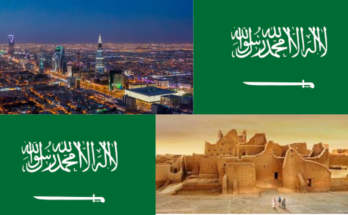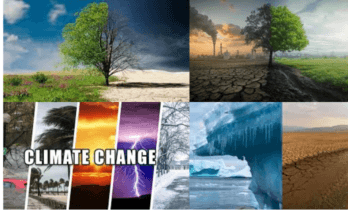The Iran attack on Israel has intensified tensions in the Middle East, sparking concerns of a larger regional conflict. For decades, the relationship between Iran and Israel has been marked by hostility, with both countries often exchanging threats. However, recent events have escalated the situation to new heights, putting the world on high alert.

Background of Iran-Israel Conflict
The animosity between Iran and Israel has its roots in both ideological and geopolitical differences. Iran, a predominantly Shia Muslim country, sees Israel as a Zionist regime occupying Palestinian land. Meanwhile, Israel perceives Iran’s military expansion and nuclear ambitions as direct threats to its existence. This deep-seated enmity has led to a series of confrontations over the years.
However, the latest Iran attack on Israel marks a significant escalation in their ongoing rivalry. The attack has drawn widespread international attention, with many world powers urging restraint. You can read more about global reactions to recent escalations in the Middle East, including Russia’s stance, here.
What Sparked the Latest Attack?
While the situation in the Middle East has always been fragile, recent developments have brought the Iran-Israel conflict to the forefront. In particular, Iran has been vocal in supporting Palestinian groups such as Hamas and Hezbollah, who are often in conflict with Israel. Iran’s growing military presence in neighboring countries like Syria has also heightened Israel’s concerns.
This particular Iran attack on Israel is believed to be a retaliation for Israeli airstrikes on Iranian assets in Syria. Israel has repeatedly targeted Iranian military installations in Syria, viewing them as a security threat. Iran, in response, has vowed to retaliate, and this attack may be the fulfillment of that promise.
Global Reaction to the Iran Attack on Israel
The global community is watching this situation closely. Many countries fear that an outright war between Iran and Israel could destabilize the entire Middle East, with severe consequences for international security. Western nations, including the United States, have called for de-escalation.
Russia, a key player in Middle Eastern geopolitics, has also been monitoring the situation closely. Russia’s relationship with both Iran and Israel adds a layer of complexity to the conflict. Learn more about Russia’s recent warnings to the U.S. regarding its involvement in global conflicts here.
Possible Outcomes of the Conflict
The Iran attack on Israel raises several questions about the future of the Middle East. If the conflict continues to escalate, it could draw other nations into the fray. Saudi Arabia, a rival of Iran, may become involved, and the U.S. could be drawn in as well, especially given its alliance with Israel.
Some analysts fear that the conflict could lead to a broader regional war, involving not just Israel and Iran, but also neighboring Arab states and even superpowers like the United States and Russia. On the other hand, diplomatic efforts may still prevent an all-out war. For now, however, the situation remains extremely tense.
Diplomatic Efforts to Prevent Further Escalation
Efforts to mediate between Iran and Israel have intensified in recent days. The United Nations has called for restraint from both sides and is pushing for dialogue to prevent further escalation. Some regional powers, such as Turkey and Qatar, are offering to mediate between the two countries.
While these efforts are commendable, it remains to be seen whether they will have a lasting impact. The Iran-Israel conflict is deeply rooted, and resolving it will not be easy. Nevertheless, the international community remains hopeful that cooler heads will prevail.
Conclusion
The Iran attack on Israel has once again brought the fragile situation in the Middle East to the world’s attention. With both countries refusing to back down, the risk of a larger conflict looms large. However, diplomatic efforts continue, and there is still hope for a peaceful resolution.
For more insights into global conflicts and international relations, including Russia’s recent warnings, check out our detailed analysis more.


